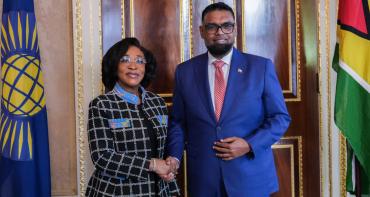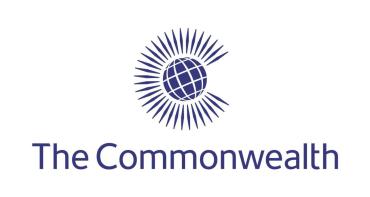Blog by Soumik Biswas, Commonwealth National Climate Finance Adviser for Mauritius and Othniel Yila, Commonwealth National Climate Finance Adviser for Zambia
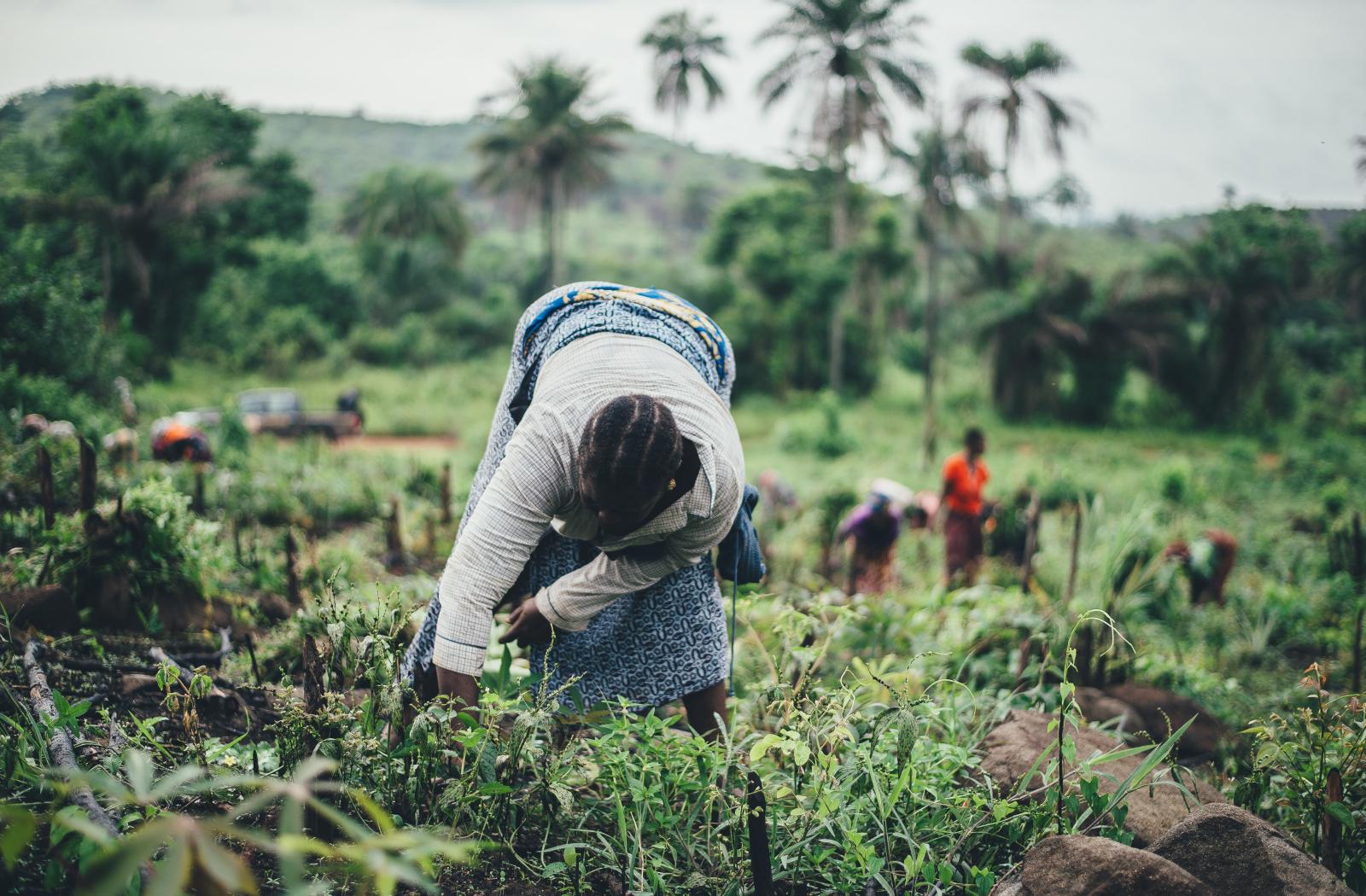
For the larger part of the previous century, economic theories have been slanted towards economic growth at the cost of ecology and social equity, creating imbalances between and within countries while spurring climate change, biodiversity losses and non-inclusive growth.
However, recent research suggests that sustained economic growth can only be achieved by investing in low-carbon and less-polluting models of development. Among them is the notion of the ‘Inclusive Green Economy’, which refers to a resource-efficient, non-polluting, equitable model of economic growth.
Today, it remains the best hope for lifting hundreds of millions of Africans out of extreme poverty and delivering long term sustainable development for the continent.
What is the Inclusive Green Economy?
The term ‘Green Economy’, pioneered in a 1989 report titled Blueprint for a Green Economy, is defined by the World Resources Institute as “an alternative vision for growth and development; one that can generate growth and improvements in people’s lives in ways consistent with sustainable development”.
An inclusive green economy is one that delivers on the interconnected economic, social and environmental commitments reflected the Sustainable Development Goals (SDGs) and the Paris Agreement on climate change.
An inclusive green economy therefore considers a whole-of-society approach in devising the drivers of economic growth. It focuses on sustainable means of production as well as sustainable and responsible consumption of economic goods and services. This maximizes resource efficiency and the reduction of waste at all stages of the economy.
Primarily, six main sectors contribute to the green economy – renewable energy, green buildings, sustainable transport, water management, waste management and land management.
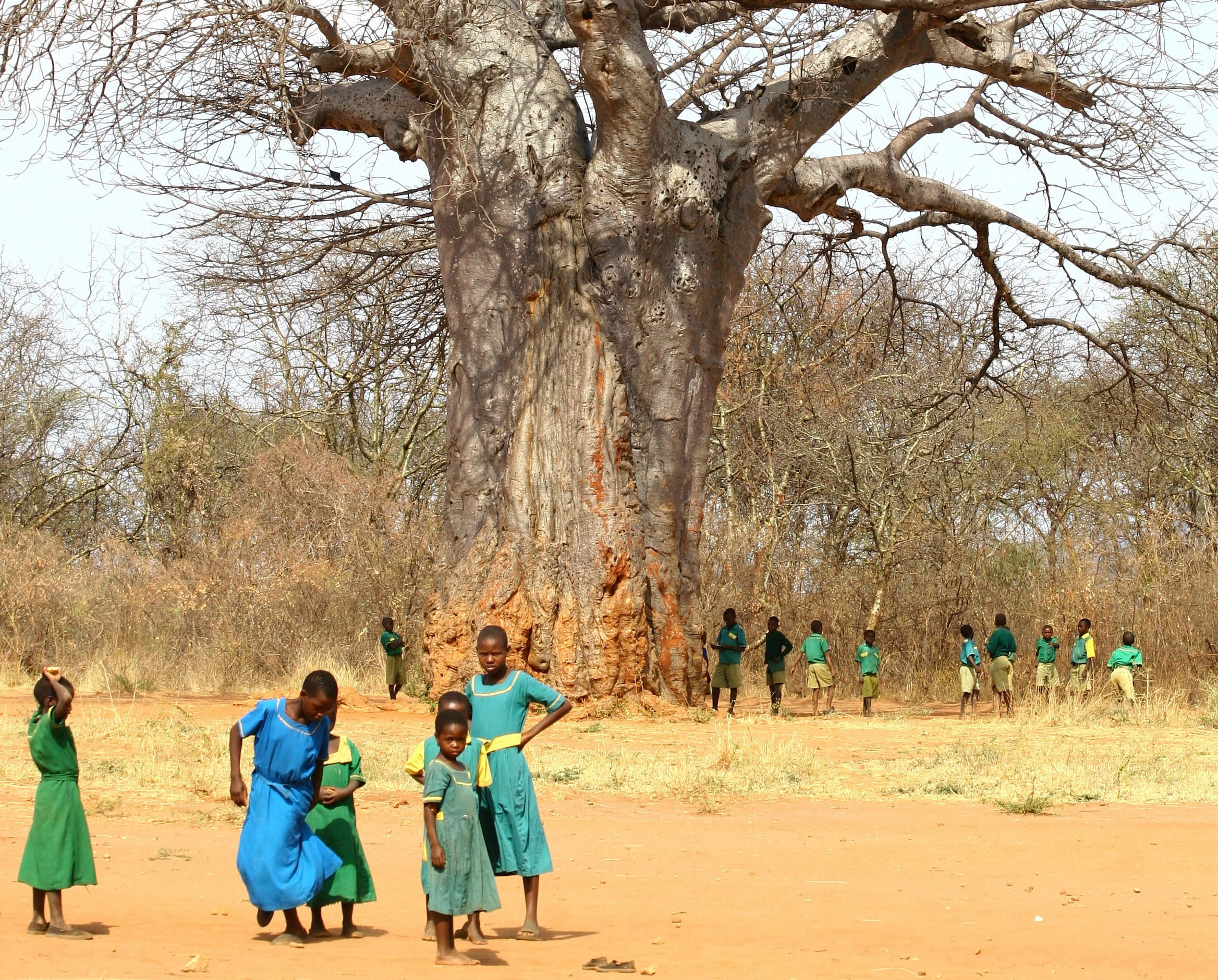
While climate change has compelled many countries to rethink their commitment to the environment along with economic growth, the COVID-19 pandemic, followed by the war in Ukraine, has rudely exposed many economies worldwide to the shocks of supply chain disruption, highlighting the futility of a ‘growth-only’ paradigm.
This has pushed countries to realise the importance of a more sustainable and greener economic pathway, with many now seeking a different approach towards economic growth which is not decoupled from environmental protection and social justice.
Green economy and its context for Africa
Africa is in a great position to harness the benefits of transitioning to an inclusive green economy. For example, the United Nations Environment Programme (UNEP) suggests that under green economy investment scenarios, real GDP in Kenya is projected to exceed a business-as-usual model by approximately 12% by 2030.
In fact, more than 83% of national climate plans include greenhouse gas reduction targets, with focus areas including energy, agriculture, waste, land use and forestry - which are also the main sectors for green economy interventions.
Africa is endowed with abundant natural resources, specifically lithium, graphite, cobalt, nickel, copper, and rare earth minerals—all are key components of the e-mobility transition and represent new market opportunities for net-zero targets as well as sustaining livelihoods.
Seven countries in Africa are predicted to be in the world’s top ten fastest growing economies: Uganda, Kenya, Tanzania, Madagascar, Senegal, Malawi and Zambia. This means a large increase in energy demand from households, industry, transport, and power generation.
A green economy approach allows African countries to transition to a greener energy generation pathway and cater to their growing energy demand at the same time, supported by falling renewable energy costs, with solar panel prices dropping by 80% in the last decade and wind energy prices by 40%.
U.N. estimates the annual investment gap for renewable energy infrastructure to be between $380 billion and $680 billion. With focused policy interventions on the green economy, African countries have a huge potential to close the financing gap.
So far, Nigeria has been able to tap the green, social and sustainable bond market to raise finance. Direct policy measures are required to attract such financing for more African countries. Burkina Faso, for example, has implemented a new investment code that lowers the performance obligations for investors in green and renewable energy sectors.
Africa is also likely to embark on rapid urbanization which needs better planning to develop more compact, resource-efficient cities.
Transitioning to Green Economy would create newer jobs as well as bring in more investment to Africa. This is crucial for Africa with approximately 70% of the population below the age of 30 and newer entrants joining the workforce every year. For example, UNEP estimates that the expansion of solar and wind capacity in Senegal will create up to 30,000 additional jobs by 2035.
Green economy principles applied in the context of agriculture, land use and forestry activities could pave the way for drought mitigation and prevention of desertification in many sub-Saharan countries. The Great Green Wall Initiative sets a great example by contributing to bringing life back to Africa’s degraded landscapes at an unprecedented scale, providing food security, jobs and reduced migration, all within a span of only a decade.
The newly-adopted Commonwealth Living Lands Charter is also a platform through which countries can coordinate action on climate change, biodiversity loss and land degradation.
What is needed?
Transition to an inclusive green economy firstly requires strong policy and institutional support, political will and a participatory approach between public, private and community stakeholders.
For example, Ethiopia has developed a Climate Resilient Green Economy strategy which describes the steps required for transforming Ethiopia’s economy into one which is carbon neutral and climate resilient and also defines the roles and responsibilities of governmental and nongovernmental stakeholders.
Secondly, it is also required to be supported by adequate finance to enable resource-constrained countries or societies to progress towards a more sustainable future. Such countries cannot be expected to embark on a green transition without adequate support in creating enabling environment, technology transfer and financing from more advanced economies and other sources of financing.
This is especially important for the Commonwealth countries where natural disasters affect around 28 million people and cause economic losses of $8 billion each year.
To meet the SDG requirements and commitments of the Paris Agreement, the world needs to invest $90 trillion in infrastructure by 2030. Developing countries – including many in the Commonwealth – will require 70% of that investment. The global south will account for roughly two-thirds of all infrastructure investment (about USD 4 trillion a year) over the next decade. The African Development Bank estimates that universal access to electricity in Africa by 2030 will require up to $40 billion per year.
However, very little of the available global funding is channeled to Africa. This makes the mobilisation of $100 billion in climate funds annually by 2025 and separate adaptation funding crucially important for just the transition of African economies.
Opportunities for inclusive green economies
Natural capital is a critical economic asset and a source of public benefits, especially for poor people whose livelihoods depend on natural resources. Transitioning to an inclusive green economy, therefore, creates huge opportunities for investment and job creation and has the potential to leapfrog Commonwealth countries to the level of global peers, in terms of responding to climate change.
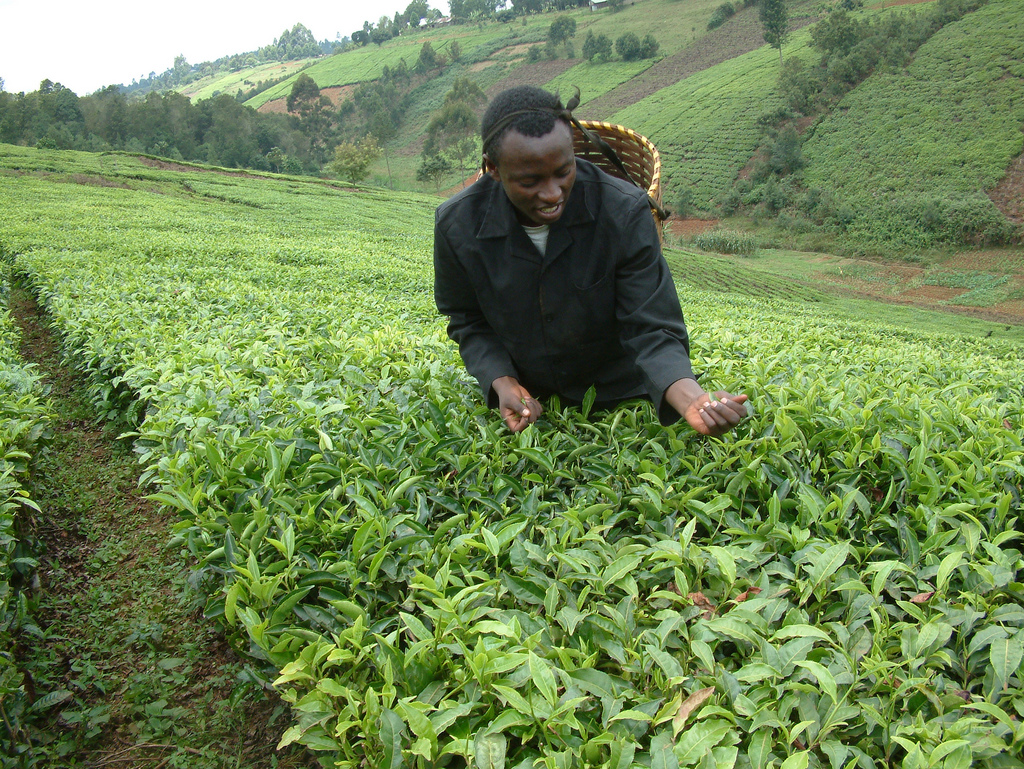
Large Commonwealth countries like India, for instance, have made significant investments in renewable energy generation and offer significant opportunities in urban sustainable transport.
In Africa, Namibia is embarking on a sustainable green hydrogen policy and implementation roadmap, in line with its long-term development framework (Vision 2030). Likewise, Zambia has adopted green economy as the main pillar of its development pathway, with a dedicated Ministry focused on a green economy created about a year ago.
Mauritius is in the process of preparing a circular economy roadmap to reduce waste generation, increasing its renewable energy share to 60% of generation as well as ‘greening’ its tourism sector.
All these countries, along with other African countries, therefore, present an opportunity for investors to partner with them to undertake a just transition and enable strong climate action in the global south.
The Commonwealth recognises the need for finance in enabling the transition to a green economy. To this end, through the Commonwealth Climate Finance Access Hub (CCFAH), regional and national advisers are embedded within host institutions and line ministries of national government respectively, to provide technical assistance to secure gender responsive climate finance in support of an inclusive green economy transition.
The Commonwealth also seeks to establish multi-stakeholder partnerships for the promotion of an inclusive green economy with other interested stakeholders including the private sector, civil societies, academia and other development partners.
If we are to avoid the calamities of global warming fuelled by an economic growth-only paradigm, an effective transition to a green economy enabled by strong leadership from the government and the private sector, strong and vocal participation and partnerships with civil society organizations including women and youth groups and social movements, along with adequate and sustained financing interventions is very much the need of the hour.
Media contact
- Josephine Latu-Sanft Senior Communications Officer, Communications Division, Commonwealth Secretariat
- +44 20 7747 6476 | E-mail

